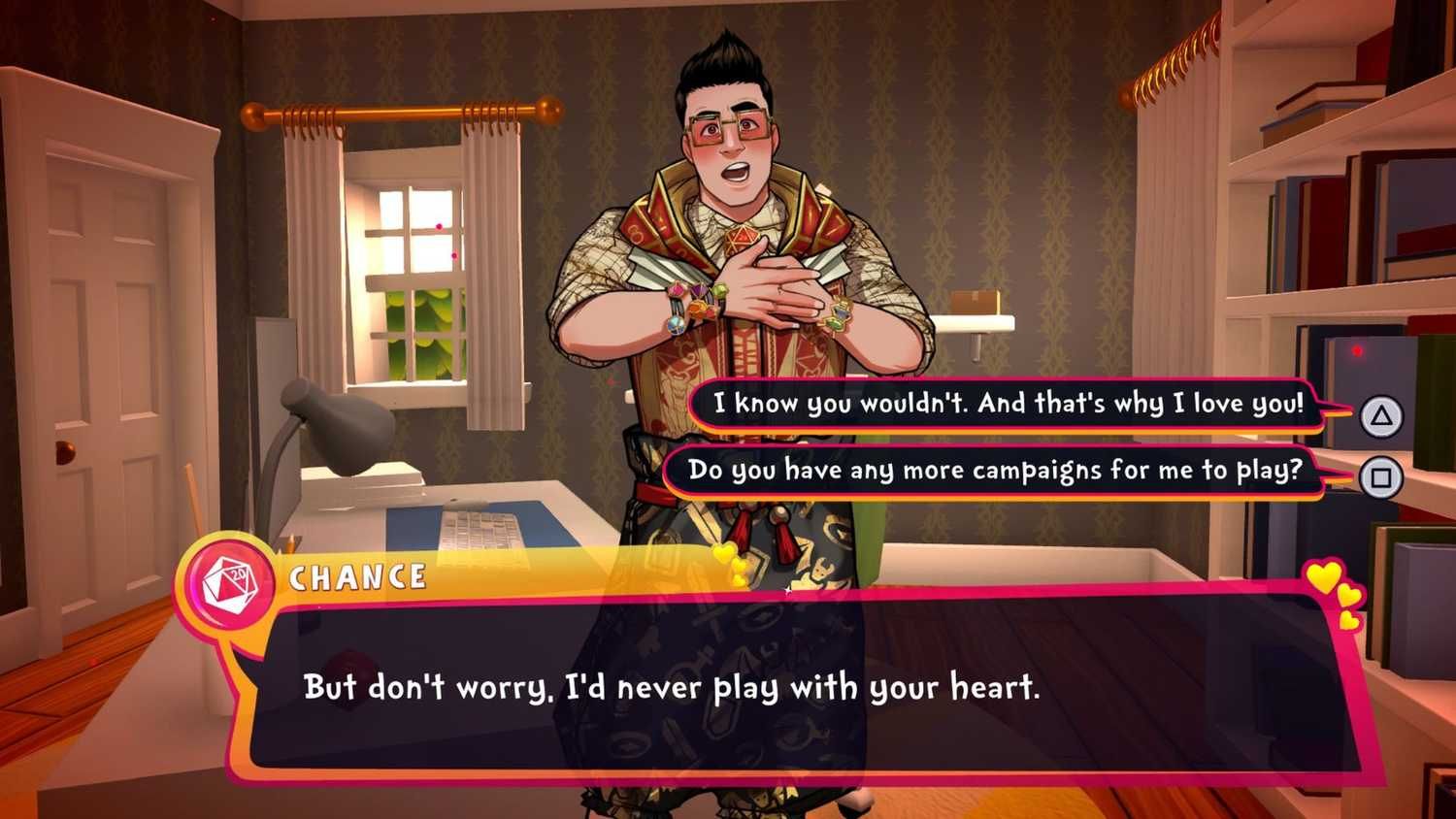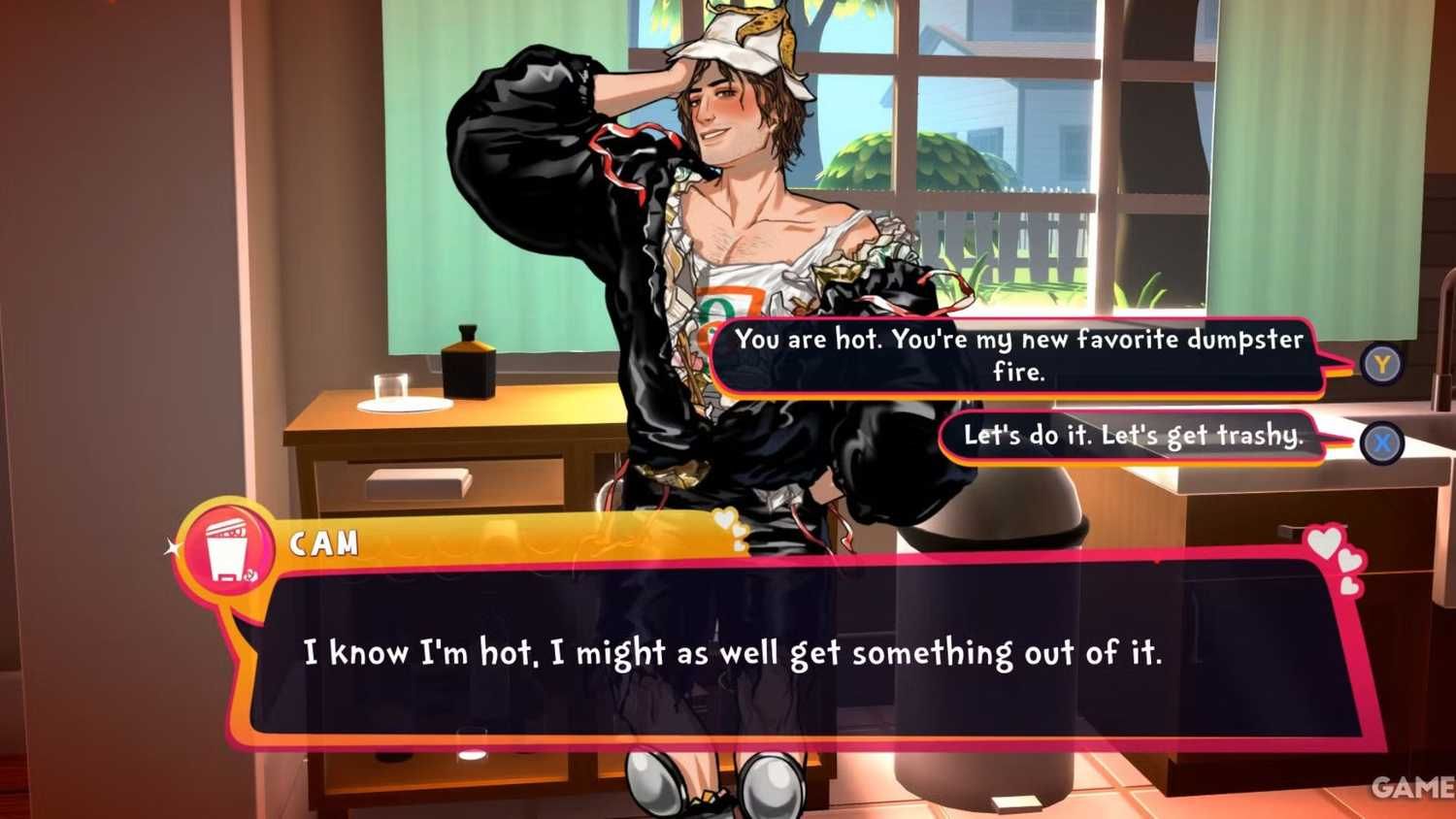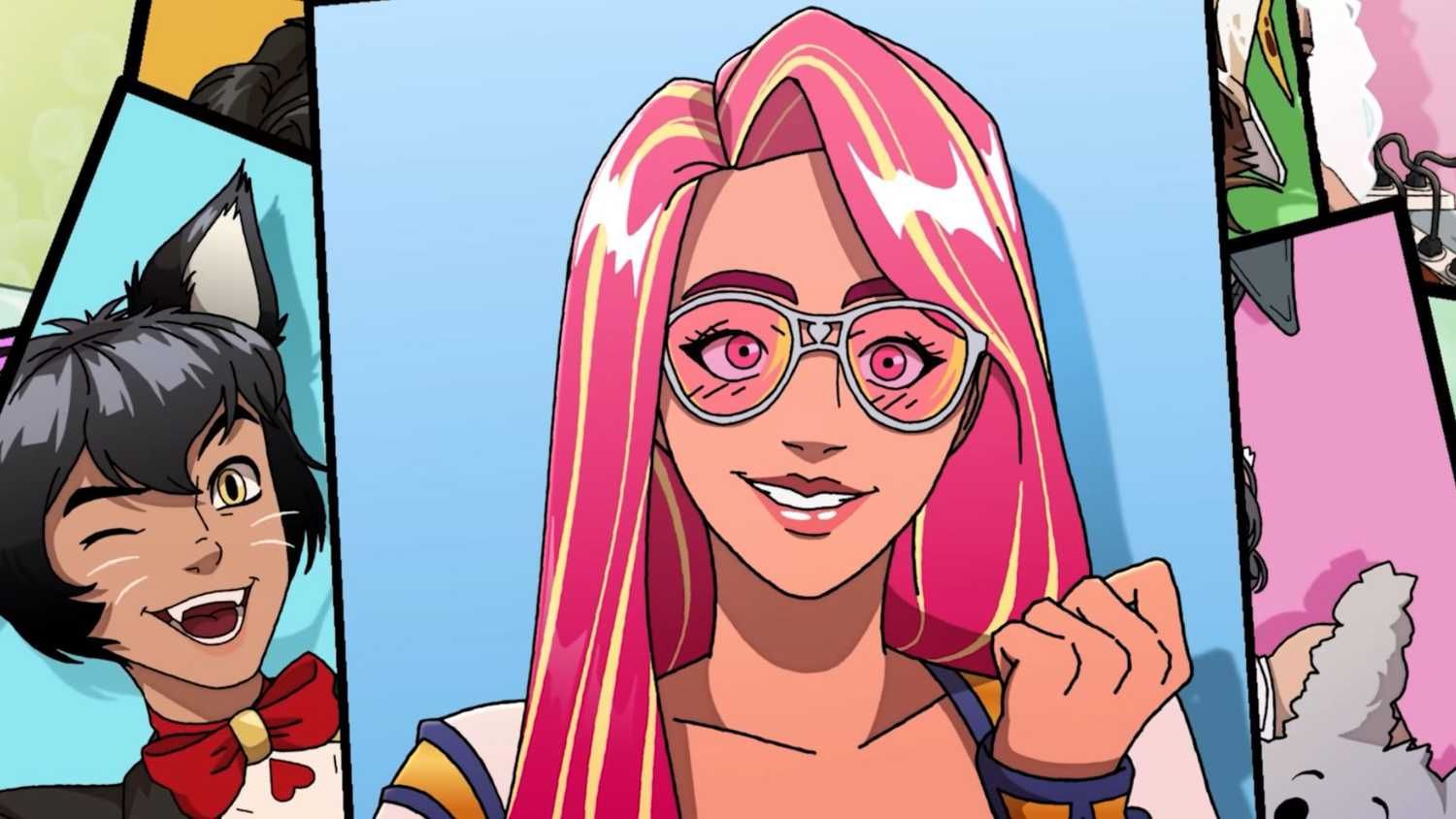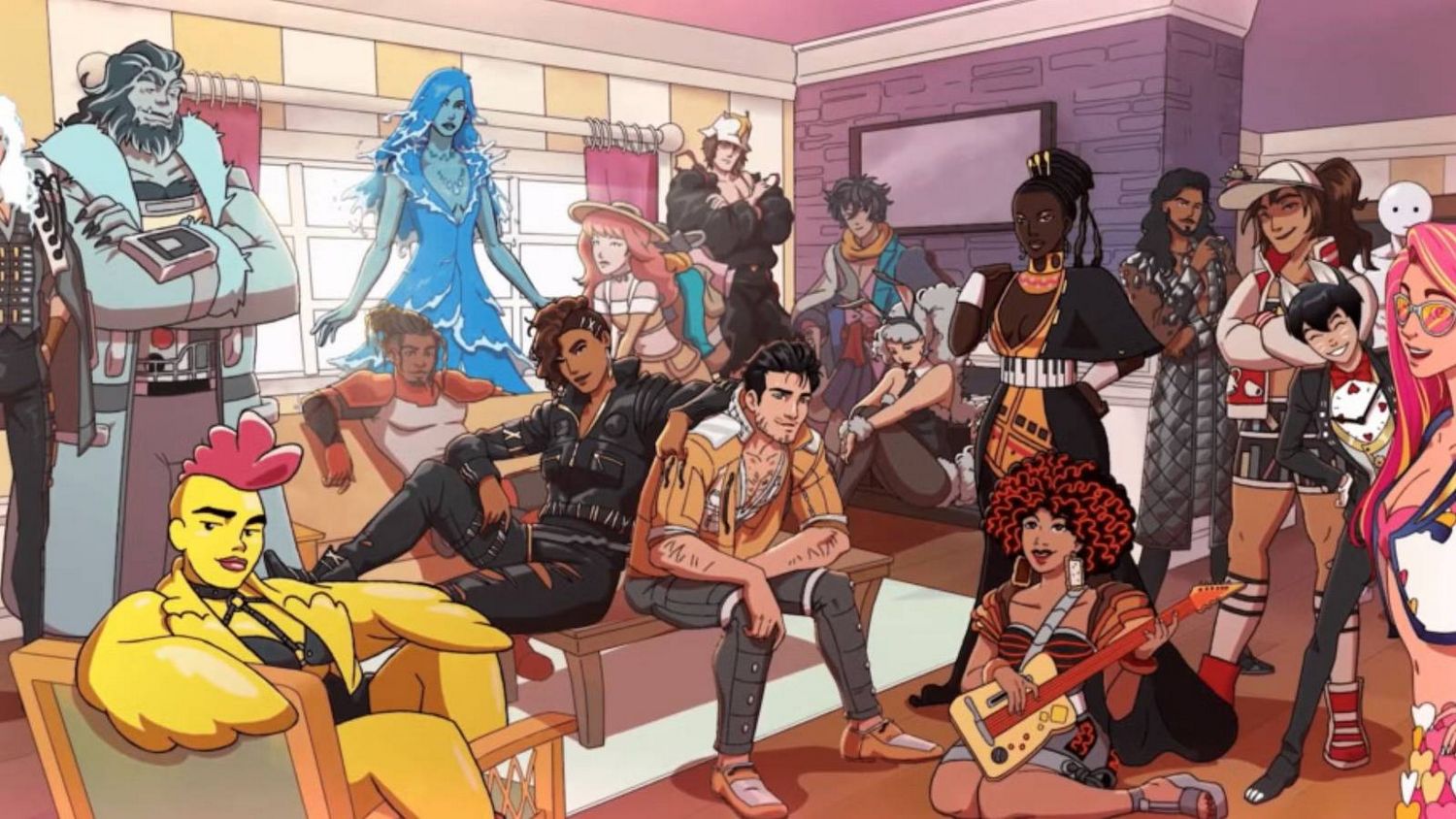Romancing the Entire Roster: A Deep Dive into Games That Let You Date Everyone
Popular Now
 Schedule I
Schedule I
 Candy Crush Saga
Candy Crush Saga
 Roblox
Roblox
 Gacha Club
Gacha Club
 EA SPORT FC 25
EA SPORT FC 25
 Auto X Drift Racing 3
Auto X Drift Racing 3
 BeamNG.drive
BeamNG.drive
 God of War Ragnarök
God of War Ragnarök
 Rust
Rust
 CarX Street
CarX Street
 In the expansive and diverse world of video games, romance options have evolved from a simple binary choice to a complex, nuanced, and often central gameplay mechanic. As the industry matures, so does the representation of relationships, with a growing number of titles moving beyond traditional romance arcs to offer players an unprecedented level of freedom. The most progressive of these are games that allow you to date every eligible character, or at the very least, pursue multiple relationships simultaneously without consequence. This shift reflects a broader cultural trend toward inclusivity and player agency, offering a more personalized and immersive experience.
In the expansive and diverse world of video games, romance options have evolved from a simple binary choice to a complex, nuanced, and often central gameplay mechanic. As the industry matures, so does the representation of relationships, with a growing number of titles moving beyond traditional romance arcs to offer players an unprecedented level of freedom. The most progressive of these are games that allow you to date every eligible character, or at the very least, pursue multiple relationships simultaneously without consequence. This shift reflects a broader cultural trend toward inclusivity and player agency, offering a more personalized and immersive experience.
From sprawling open-world RPGs to cozy, narrative-driven simulators, the ability to romance a diverse cast of characters is no longer a niche feature but a highly sought-after element. Gamers are looking for more than just a pre-defined love story; they want to build meaningful connections, explore different relationship dynamics, and truly shape their personal narrative. This deep dive will explore some of the most notable games that have embraced this philosophy, examining how they implement these systems and why they are so popular with today’s players.
 The Pioneers of Player Choice: From Stardew Valley to Baldur’s Gate 3
The Pioneers of Player Choice: From Stardew Valley to Baldur’s Gate 3
The concept of “dating everyone” has been a part of gaming for some time, but it was often hidden behind mods or exploitable glitches. Modern games, however, are now explicitly designing their romance systems to be more fluid and less restrictive. One of the most famous examples is Stardew Valley. This beloved farming simulation game gained massive popularity for its wholesome and inclusive approach. In Stardew Valley, players can give gifts to and build relationships with any of the game’s bachelors and bachelorettes, regardless of their own character’s gender. While the game does prompt a choice of a single marriage partner, players can date everyone in the town, a feature that has been widely celebrated for its asexuality- and polyamory-friendly undertones.
The gold standard for modern, all-inclusive romance is arguably Baldur’s Gate 3. Larian Studios’ magnum opus redefined the CRPG genre, not just with its deep mechanics and rich storytelling, but with its groundbreaking approach to character relationships. In Baldur’s Gate 3, nearly all companions are romanceable regardless of the player character’s gender. The game features an incredibly nuanced system where relationships are based on approval, dialogue choices, and story events, rather than simple checkbox requirements. Players can pursue multiple partners, and the game’s narrative reacts to these choices with realistic, well-written dialogue, including the option for polyamorous relationships. This level of complexity and respect for player choice has set a new benchmark for the entire industry.
 Beyond the Mainstream: Indie Gems and Niche Titles
Beyond the Mainstream: Indie Gems and Niche Titles
While AAA titles are making strides, the indie gaming scene has long been a haven for experimental and inclusive romance options. Many independent developers, free from the constraints of large-scale budgets and corporate risk aversion, are pushing the boundaries of what is possible in a romance system. For example, I Was a Teenage Exocolonist is a sci-fi RPG that not only allows you to romance any character but also lets you choose your pronouns and gender identity. This deeply narrative-focused game integrates its romance options seamlessly into the coming-of-age story, making every relationship feel personal and impactful.
Another standout is the dating simulator Monster Prom, a game that playfully subverts the genre with its unique premise and art style. In this multiplayer title, every character is a potential date, and the game’s zany humor and dynamic writing make every attempt at romance a hilarious adventure. Similarly, the upcoming title Date Everything! takes this concept to a literal extreme, allowing players to date not just characters, but 100 fully voice-acted objects in their home, from a bed to a smoke alarm. This showcases the creative freedom that comes from a poly-friendly approach to game design.
 Why Inclusive Romance Matters: The Future of Gaming
Why Inclusive Romance Matters: The Future of Gaming
The rise of games that let you date everyone is more than just a trend; it’s a reflection of a changing gaming landscape. This movement is driven by a number of key factors:
- Increased Player Agency: Allowing players to romance any character gives them more control over their personal story. This autonomy leads to a stronger connection with the game world and its inhabitants, increasing replayability and overall enjoyment.
- Broader Representation: By offering a wide range of romanceable characters with diverse backgrounds, genders, and sexualities, developers are creating more inclusive and welcoming spaces for all players. This representation helps players see themselves reflected in the games they love.
- Market Viability: The success of titles like Baldur’s Gate 3 and Stardew Valley proves that there is a significant and eager market for games that prioritize inclusive and flexible relationship systems. This encourages more developers to follow suit, leading to an overall improvement in game design.
In conclusion, the days of gender-locked romance options are slowly fading, replaced by a new era of gaming where love and relationships are as diverse as the players themselves. As more developers recognize the value of player choice and genuine representation, we can look forward to a future where romance in video games is truly limitless.







